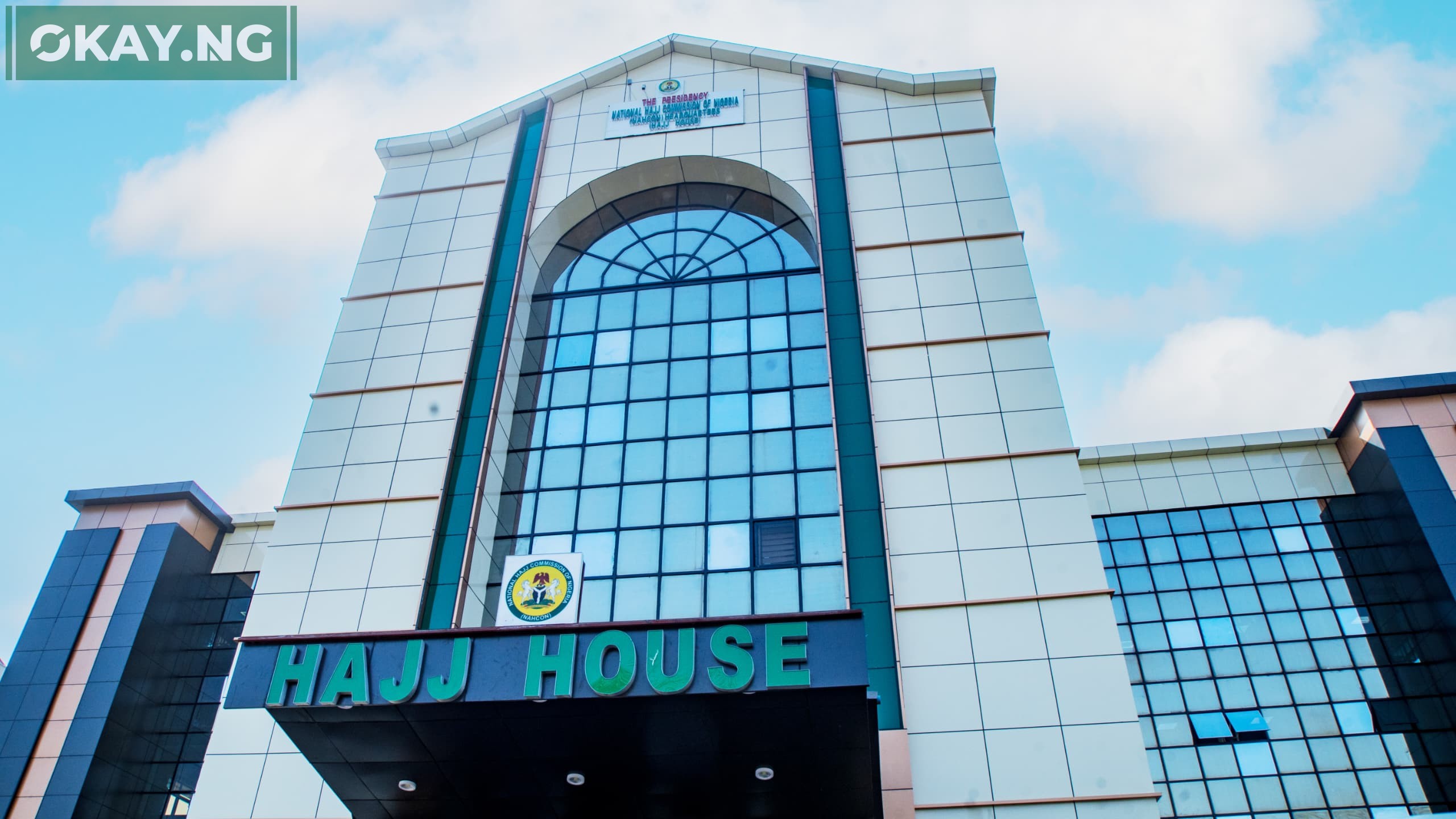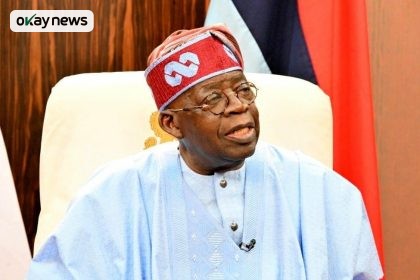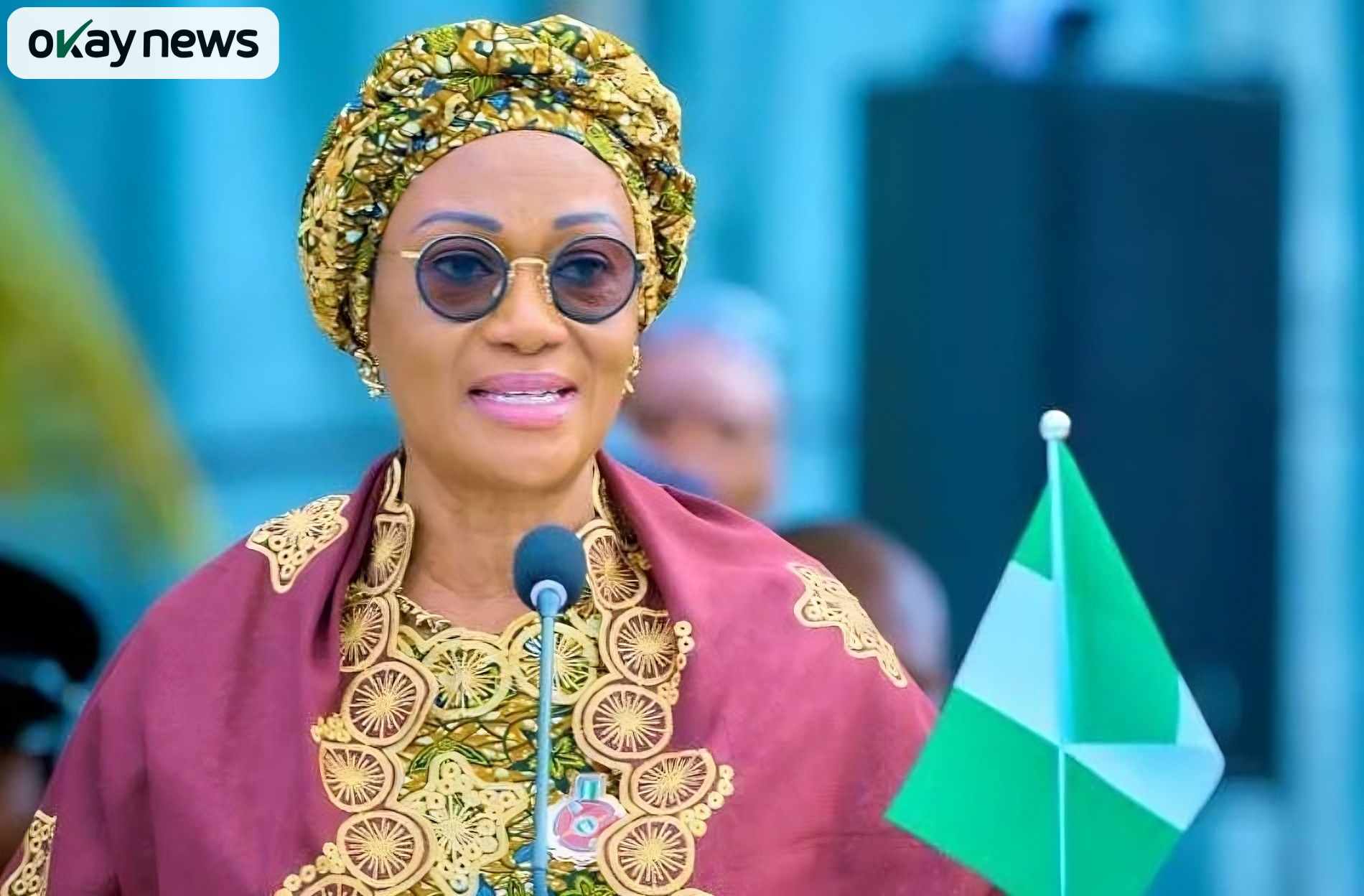The National Hajj Commission of Nigeria (NAHCON) has proposed N8.5 million as the tentative fare for the 2026 Hajj exercise.
The figure was agreed upon during a post-Hajj review meeting held with state pilgrims’ welfare boards at the Hajj House in Abuja.
In a statement released on Thursday, Fatima Usara, Assistant Director of Information and Publication at NAHCON, said the announcement was made by the commission’s chairman, Abdullahi Usman, following deliberations with stakeholders.
“The NAHCON chairman, after deliberations, announced a tentative deposit of N8.5 million as the provisional fare for the 2026 Hajj as agreed collectively, pending final negotiations on all service contracts,” the statement reads.
Usman appreciated President Bola Tinubu for what he described as consistent support to pilgrims, noting the federal government’s intervention that allowed Hajj carriers to accept payments in naira.
He also confirmed that Nigeria’s 95,000-slot allocation from Saudi Arabia remains unchanged, with state allocations to pilgrims’ boards staying the same as last year.
“Usman also announced that Nigeria has retained its 95,000-slot allocation from the Kingdom of Saudi Arabia. Similarly, allocation of slots to state welfare boards remains as it was last year,” the statement added.
The NAHCON boss further welcomed the government’s decision to halt a policy by the Central Bank of Nigeria (CBN) that would have required credit card-only payments for Basic Travel Allowance (BTA).
“Senator Usman also commended the federal government for directing the Central Bank of Nigeria (CBN) to suspend its earlier policy mandating credit card-only payments for basic travel allowance (BTA), noting that the measure would have placed many pilgrims at a disadvantage.”
Stakeholders were encouraged to share candid feedback to improve future operations.
Also at the meeting, Abubakar Yagawal led discussions on the Hajj 2026 calendar, while Anofiu Elegushi opened talks on renewing contracts for airlines that participated in the 2025 Hajj, citing the need to beat bureaucratic delays.







